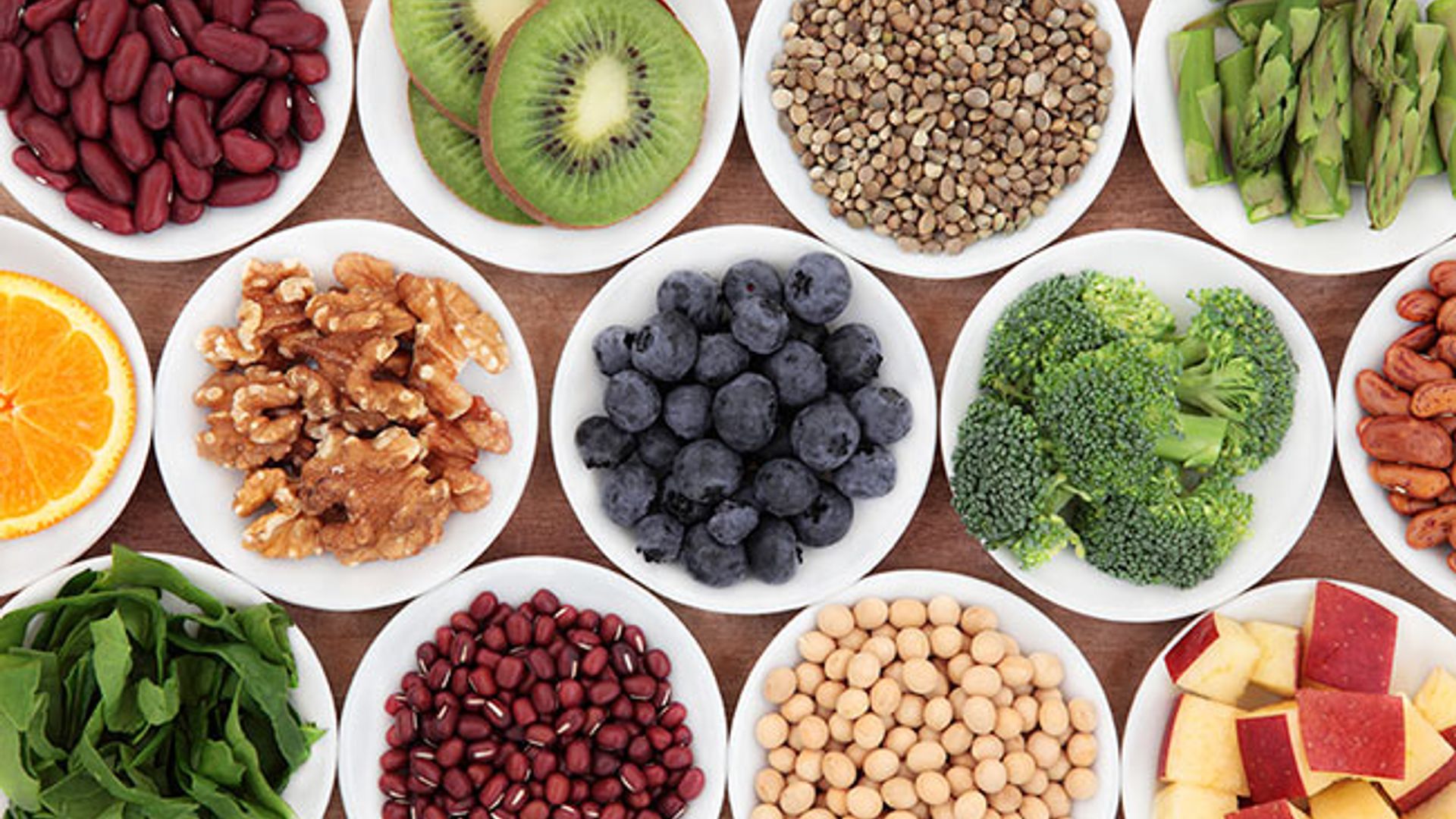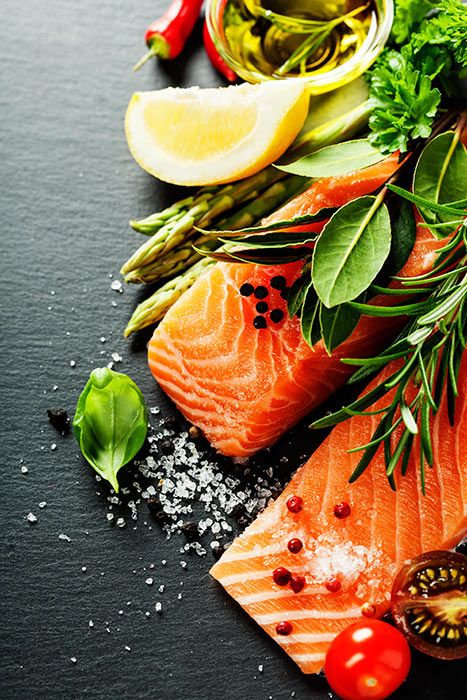Around 40 per cent of women suffer from premenstrual syndrome (PMS) each month, with many suffering from cramps, irritability, cravings and insomnia that affects their daily lives. However these symptoms can be reduced simply and naturally with a few dietary changes.
Susie Perry Debice, a Nutritionist from nurturingspirit.co.uk, shares her top tips on how to reduce the severity of PMS through your diet.
Cut out processed and refined foods:
Taking the time to look at what you are eating is an essential step if you want your PMS to improve.
Cut out the foods that are known to contribute to PMS including those that are high in saturated fat, sugar, salt, starchy carbohydrates and alcohol. Processed and refined food is a recipe for PMS.
Eat a hormone-balancing diet:
Try to eat a diet full of oily fish, lean protein, complex carbohydrates, whole grains, fresh fruits and vegetables to help settle PMS.
By tweaking your nutrient intake, balancing your fats and by including a few special phytonutrients, you should be able to get your hormones back in balance and your symptoms of PMS under control.
Focus on good fats:
Our bodies do not naturally produce omega-3 so we need to get these into our system through our diet or supplements. Try eating more oily fish (salmon, mackerel, fresh tuna, trout, herrings, pilchards and sardines), as well as walnuts and hemp, chia and flax seeds. Not only do these calm down inflammatory symptoms, they also help to improve concentration, memory and mood.
Taking an omega-3 supplement like Cleanmarine Krill Oil for Women can also be helpful. Krill oil provides two omega-3 essential fatty acids, (EPA and DHA). High levels of these omega-3 fatty acids can help the body to regulate hormonal imbalances and can help effectively reduce PMS symptoms.
A diet high in fruit, vegetables and healthy fats may help balance hormones
Mood-boosting foods:
A low level of serotonin is at the route of many mood-related premenstrual symptoms. Serotonin is made from a protein called tryptophan found in egg white, turkey, chicken, fish, cottage cheese, yoghurt, peanuts, oats and pumpkin seeds. By increasing these foods you help provide your body with the raw ingredient needed to boost serotonin levels.
Eat your greens:
According to researchers cruciferous vegetables contain ‘indoles’ which help the liver process oestrogen. This is why women with PMS are being advised to increase their intake of broccoli, Brussel sprouts, cabbage, kale and cauliflower.
Hormone-helping Phytoestrogens:
Phytoestrogens are a perfect food for PMS as they help to 'normalise' oestrogen activity. Foods rich in phytoestrogens include soya, almonds, peanuts, lentils, oats and rice. You could also try fruit and vegetables including apricots, apples, blueberries, fennel, cucumber, green beans, garlic and onion.
Susie Perry Debice, author of Premenstrual Syndrome: The Essential Guide available from nurturingspirit.co.uk










